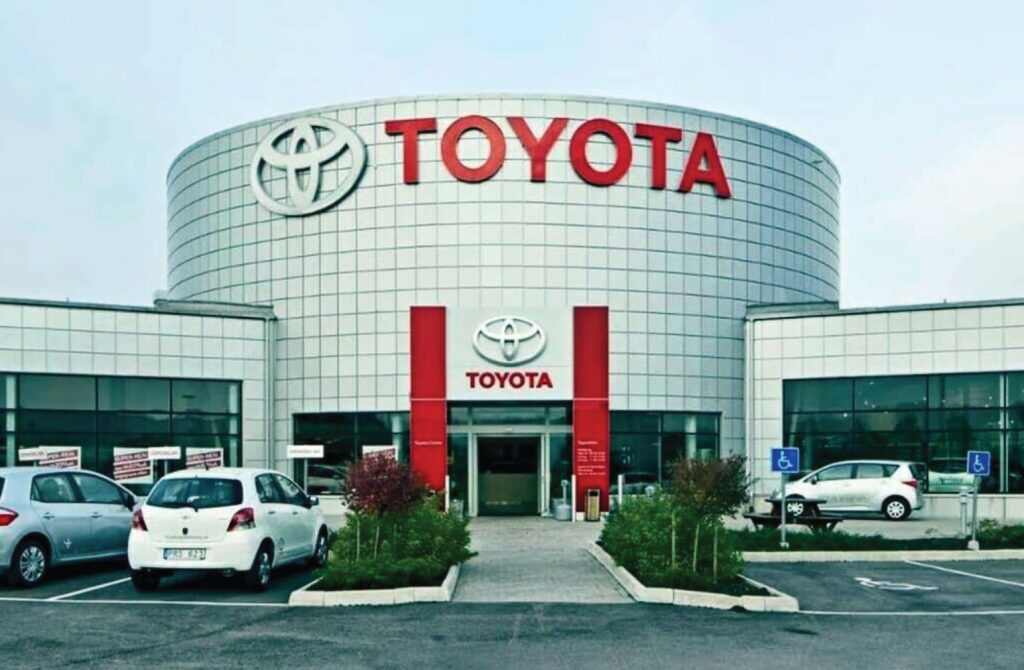Indus Motor Company (IMC), the assembler of Toyota vehicles in Pakistan, is preparing to launch the locally-produced Corolla Hybrid Electric Vehicle (HEV) by December. The CEO, Ali Jamali, discussed the company’s significant $100 million investment in domestic HEV production, highlighting its importance.
This substantial investment aims to reduce import expenses and is expected to result in an estimated annual saving of $37 million as production scales up to 30,000 HEV units. This move is a major development in Pakistan’s automotive industry, steering it towards a more environmentally friendly and sustainable direction.
The initiative aligns with the United Nations’ Sustainable Development Goals, particularly focusing on addressing climate change. The introduction of HEVs in Pakistan is anticipated to lower emissions, create job opportunities, and open up possibilities for exports.
Jamali expressed concerns about the increasing costs of locally manufactured cars, attributing them to factors such as high taxation, inflation, the influx of imported used cars, and currency fluctuations. He emphasized the need for a structured import policy to foster the growth of the domestic auto industry. Jamali pointed out that over 6,500 used cars were imported in the fiscal year 2022-23, and more than 7,500 in the first three months of the current fiscal year, hindering progress and potential for further local production in Pakistan.
Despite these challenges, Jamali acknowledged the recent easing of restrictions on letters of credit (LCs) for imports, which has facilitated the acquisition of essential raw materials and boosted sales for original equipment manufacturers (OEMs) in passenger cars and light commercial vehicles in September 2023. However, a year-on-year comparison still indicates a 26 percent decrease in sales.
Jamali recognized the challenges related to production and demand in the auto industry, including temporary plant closures and reduced capacities of vendors. He appreciated the government’s support in promoting policies that encourage local production and its role in revitalizing the auto industry, contributing to the nation’s economic recovery. He reiterated IMC’s commitment to overcoming these challenges and leading the auto industry towards a brighter and more sustainable future.
